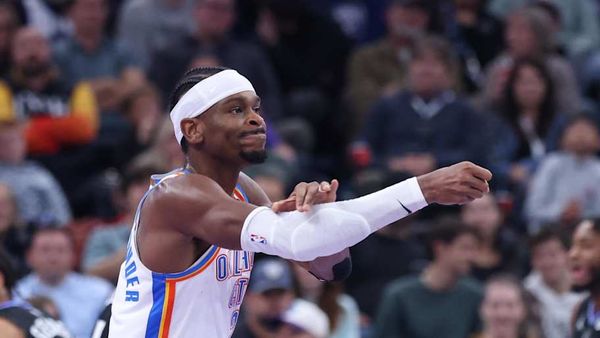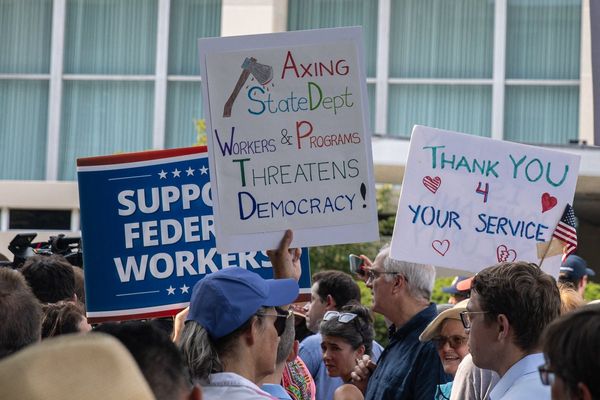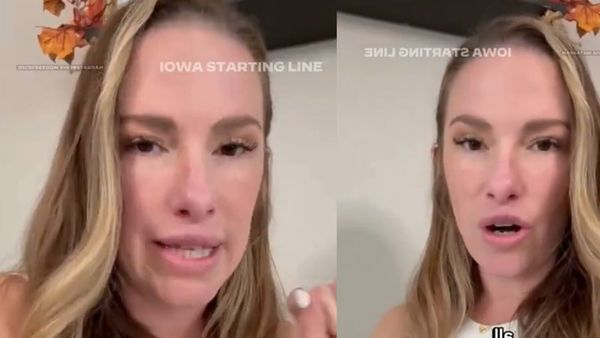
My earliest reading memory
A Hole Is to Dig by Ruth Krauss. The pictures are by a young Maurice Sendak. I can still quote it: “A tablespoon is to eat a table with. Mashed potatoes are to give everybody enough.”
My favourite book growing up
The Green Poodles by Charlotte Baker. It had everything I felt a book should have – orphans (none of whom missed their parents enough to spoil the story with sorrow), a mystery, a valuable painting and many dogs.
The book that changed me as a teenager
Although my parents were proud to have raised such a reader, they began to worry about my unwillingness to leave the YA section of the library. When I was 14 or 15, Jane Austen’s Pride and Prejudice was pressed into my hands. It turned out to be just as good as the teen romances I’d been choosing for myself.
The writer who changed my mind
In college, I read Doris Lessing’s The Golden Notebook. This was not the first book by a woman I’d read, but the first time I was so conscious of it. Ernest Hemingway and F Scott Fitzgerald, Saul Bellow and Ken Kesey – their women were inexplicable. They were often childish, petty and shallow, yet desirable. My bewilderment just seemed to be something I had to put up with until Lessing showed me I didn’t.
The book that made me want to be a writer
I read Maxine Hong Kingston’s The Woman Warrior when it came out in 1976. I particularly loved the integration of personal and mythical; I’d never read anything like it. And then I read Gabriel García Márquez’s One Hundred Years of Solitude. I grew up during a period in which realism was king, but these two works shifted the ground for me.
The book or author I came back to
As a child, I did not like fairytales. Only as an adult have I become an enthusiast. I read fairytales; I read books about them; I rewrite them. I no longer mind so much when bad women cut off their own toes, or good ones exchange their tails for painful legs.
The book I reread
I am one of the legions of women who reread Austen regularly, and am always surprised by how often I see something new. As a teenager, I was all about the romance. During college I focused on how few options women had. Then I had children and noticed admirable mothers in Austen were mostly dead. Then I began to write and saw her unusual plotting choices, her uncanny ability to be both present and absent on the page. Austen can be anything you want while always remaining herself.
The book I could never read again
The Catcher in the Rye by JD Salinger. I no longer like it even a little bit.
The book I discovered later in life
I made a New Year’s resolution to stop pretending I had read books I hadn’t. This necessitated a crash course in all those I had already pretended to have read. Given that it’s generally conceded to be a great book, I shouldn’t have been surprised to really like Moby-Dick, but I did and I was.
The book I am currently reading
Jason Mott’s Hell of a Book. So very good.
My comfort read
Brat Farrar by Josephine Tey. I honestly don’t know why.
• Booth by Karen Joy Fowler (Serpent’s Tail) is nominated for the Booker prize. To support The Guardian and Observer, order your copy at guardianbookshop.com. Delivery charges may apply.







